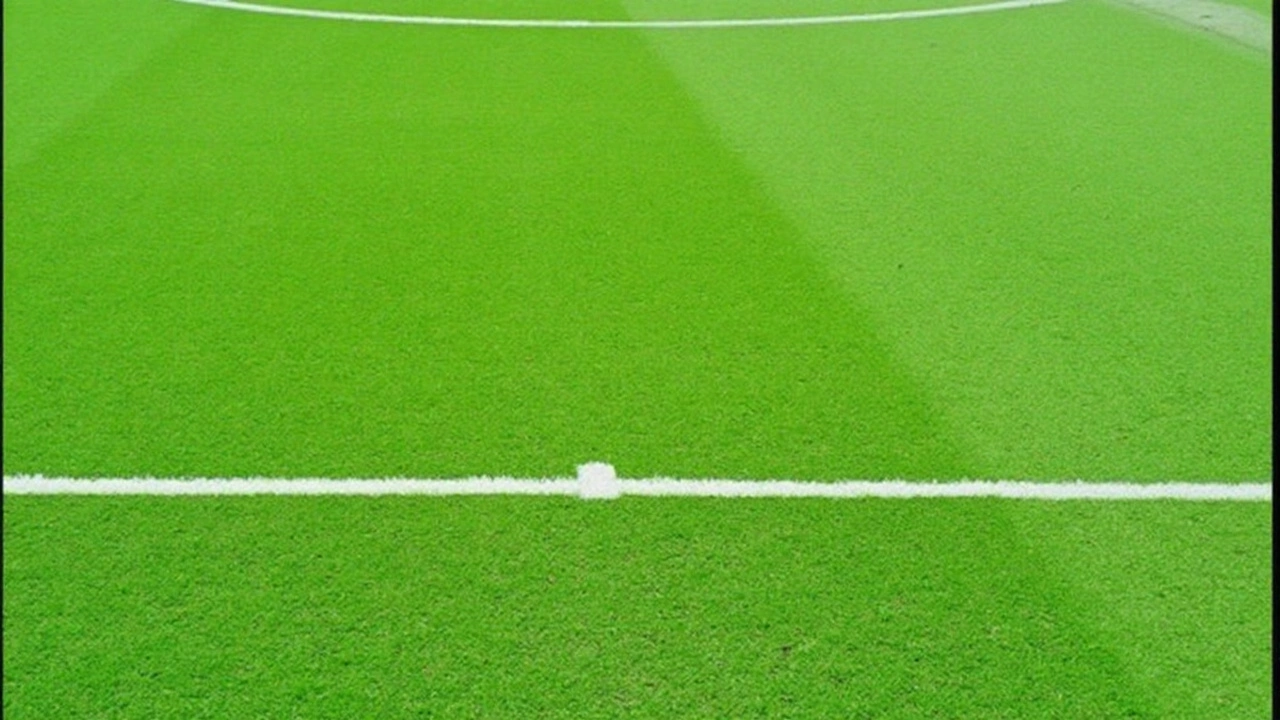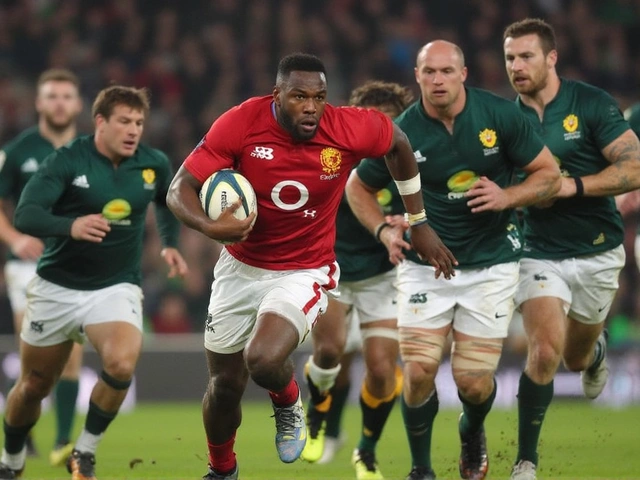Arsenal 3-0 Nottingham Forest: Zubimendi Brace Spoils Postecoglou’s Debut
Two new signings changed the tone of a season in the space of 90 minutes. Martin Zubimendi scored twice and Viktor Gyökeres struck just after halftime as Arsenal beat Nottingham Forest 3-0 at the Emirates, handing Ange Postecoglou a rough welcome in his first match in charge. The only dampener for Mikel Arteta: another shoulder issue for captain Martin Odegaard.
A brace that settled everything early
Arsenal controlled the game from the opening phase, moving the ball with purpose and pinning Forest deep. The breakthrough came on 32 minutes when Zubimendi, arriving at the edge of the box, met a dropping ball with a clean volley. It was his first goal for the club and the kind of technique that explains why the recruitment team wanted him in north London.
If the first goal was about touch, the second half began with timing. Just 46 seconds after the restart, Gyökeres made a near-post run and finished decisively after a sharp move that started in midfield. Eberechi Eze, making his full debut, slipped the key pass—simple, quick, and exactly the vertical spark Arsenal have craved in tight spaces.
Zubimendi completed his brace in the 79th minute with a clever back-post header, angling the ball across the keeper to kill the contest. It was the finish of a player who reads the game as well as he passes it. In between, Arsenal kept the tempo high, recycled possession when needed, and limited Forest’s counters to a few hopeful transitions.
Forest had one big chance to change the script when Chris Wood climbed highest and clipped the crossbar. That was their best look all night. Beyond that, they struggled to turn territory into shots, a sign of attacking patterns still under construction in the opening days of Postecoglou’s tenure.
There were encouraging signs across the pitch for Arsenal. Noni Madueke, drifting inside off the right, kept Forest honest with direct dribbles and quick combinations. Cristhian Mosquera, calm and tidy, read long balls well and stepped out confidently to keep the pressure on. Add Gyökeres’ movement and Eze’s timing, and you could see new pieces fitting around Arteta’s core ideas.
The concern was Odegaard. The captain looked uncomfortable after a tangle and appeared to feel the same shoulder that has bothered him in recent months. With Bukayo Saka and William Saliba already watching from the stands, the staff will not take any chances. Arsenal need his control between the lines—especially with a Champions League opener and Manchester City ahead.
- 32’ – Zubimendi volleys Arsenal into the lead.
- 46’ – Gyökeres scores within a minute of the restart, assisted by Eze.
- 79’ – Zubimendi heads in his second to make it 3-0.
- Forest’s best chance – Chris Wood hits the bar.
What stood out most was Arsenal’s game management. They pressed in bursts, then settled into secure possession phases, forcing Forest to chase and tiring the visitors. When the gaps appeared, they punched forward with one or two passes, not five or six. It looked drilled, repeatable, and sustainable.

Postecoglou’s tough start, Arsenal’s momentum, and what comes next
For Postecoglou, the puzzle is familiar: taking a team shaped for compact, counter-attacking football and pushing it toward a high-tempo, front-foot style. Forest tried to build from the back, but the distances weren’t right yet, and the first pass under pressure didn’t find progression often enough. The instincts from the old setup—drop, protect, break—are still there. Changing that takes time and repetition.
There were glimpses of the new plan: full-backs nudging inside to offer options, wingers staying wide to stretch the pitch, and midfielders checking to create angles. But Arsenal’s counter-press disrupted the rhythm, and Forest rarely connected the second and third passes needed to escape. The good news for Forest is they have the athleticism to play this way. The challenge is teaching the build-up patterns and trust to take risks under pressure.
Arsenal’s recruitment choices showed why the club pushed hard in the market. Zubimendi gives Arteta a different kind of controller—press resistant, vertical when the lanes open, and alert to second balls at the edge of the area. Gyökeres offers runs that create space for others, not just finishes. Eze, with his disguise and tempo shifts, can break low blocks without over-complicating things.
All of that matters because the schedule ramps up now. Arsenal sit on nine points from four matches and look like genuine challengers if they keep key players fit. The depth will be tested immediately: Athletic Bilbao visit on Tuesday in the Champions League, and then it’s Manchester City on Sunday—a double-header that will say plenty about how far this team’s structure has come.
Forest stay on four points. The trip to Burnley is important, not for style points but for points, full stop. Postecoglou will want a stable platform first—clear build-out options, better protection in defensive transitions—before layering on the more ambitious rotations. A week on the training ground should help.
The small details favored Arsenal: second balls landing to red shirts, early releases that beat the press, and a clean sheet built on calm defending rather than last-ditch blocks. The big story, though, was Zubimendi. On a night when Postecoglou’s new project began, Arsenal’s new midfielder looked like he has been here for years.
Player notes worth flagging: Mosquera’s positioning accelerated Arsenal’s restarts from the back. Madueke’s directness gave balance to the left-heavy patterns of recent seasons. Gyökeres’ scanning before receiving let him finish quickly for the second goal. And Eze’s timing—arriving, not standing—kept moves alive even when Forest shut down the first lane.
Arteta won’t love the injury cloud over Odegaard, but he will love the control. This looked like a team that knows what it wants to do in every zone of the pitch. If that holds through Europe and City, the early-season table won’t flatter them; it will match the evidence on the pitch.





